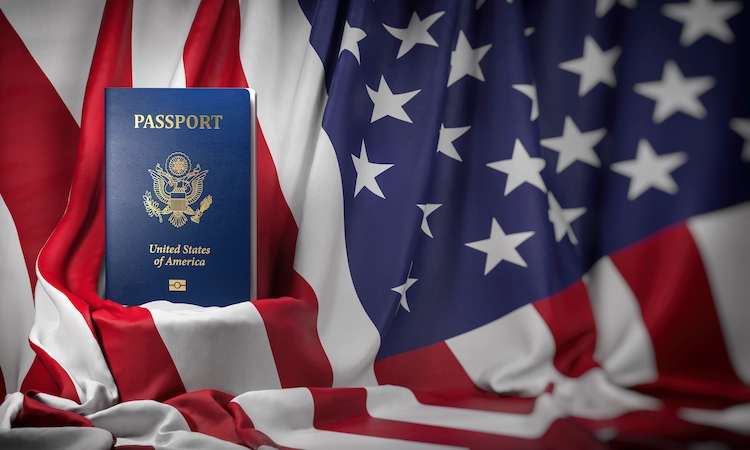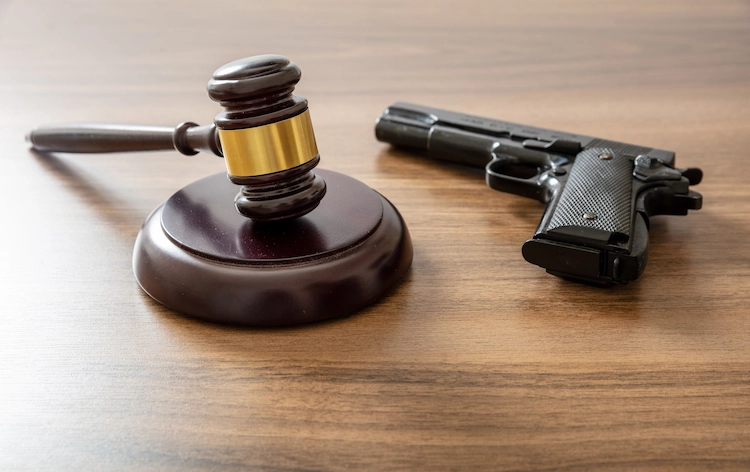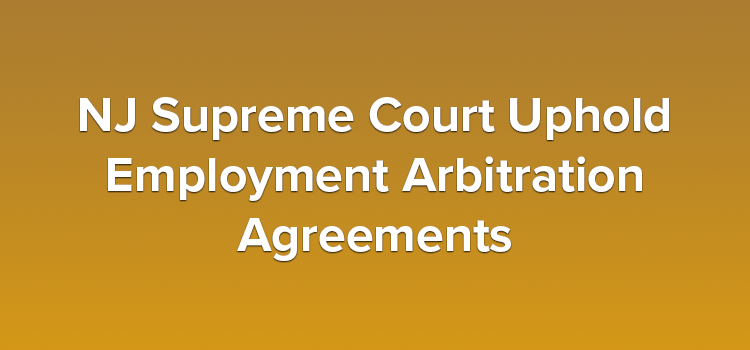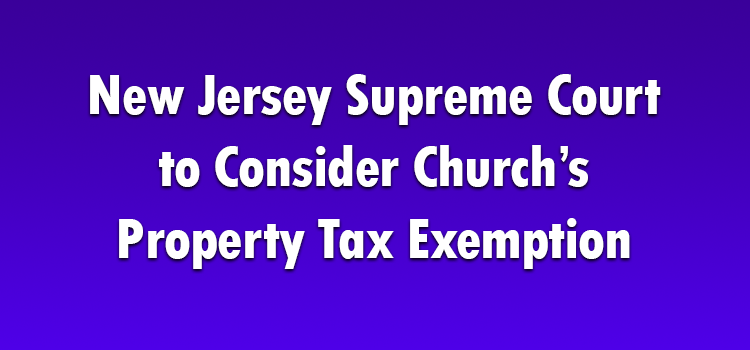Welcome to Government & Law
Scarinci Hollenbeck is pleased to present an informative and educational online resource focusing on New Jersey law impacting our schools and our local communities. This is the only single source for the general public to find summaries of Key New Jersey Supreme Court cases and important history and information about the New Jersey government. Content is generated by the attorneys in Scarinci Hollenbeck’s public law think tank with the intention of explaining complex matters in an easily readable, summary form to help make the law accessible to all.
NJ Supreme Court New Succession Rule to Impact Law Firms
The New Jersey Supreme Court is now requiring attorneys to implement formal succession plans. The new rule, which went into effect on September 26, 2026, reflects the Court’s “ongoing efforts to…
NJ Supreme Court Decides Roselle Election Dispute
In Cynthia Johnson v. Denise Wilkerson (S-10-25/091201) (Opinion Filed October 27, 2025), the Supreme Court of New Jersey confirmed that the Democratic County Committee has the right to select the…
NJ Supreme Court to Clarify Extent of Municipal Eminent Domain Authority
The Supreme Court of New Jersey recently agreed to consider Township of Jackson v. Getzel Bee, LLC; Township of Jackson v. Bellevue Jackson, LLC. The consolidated case involves municipal eminent…


Key cases, opinions, and legal insights from New Jersey’s highest court.
Step into the courtroom with our exclusive NJ Supreme Court Reporter. Each week, leading attorney Donald Scarinci breaks down the latest decisions, key constitutional debates, and the broader impact of judicial rulings. Clear, insightful, and timely — this is your front-row seat to the evolving legal landscape of New Jersey.

Discover the foundational documents that shaped New Jersey's legal and political identity.
From its earliest days, New Jersey has undergone several constitutional transformations, each reflecting the values, challenges, and ambitions of its era. Explore the full texts, historical context, and legal significance of:

A Blueprint for Contemporary Governance
The current New Jersey Constitution, created through a statewide convention, marked a pivotal modernization of the state’s legal system. Ratified in 1947, it empowered the Governor’s role, streamlined agencies, and…
Never Miss a Legal Update
Subscribe to receive curated content, article alerts, and important updates on NJ’s legal system—delivered straight to your inbox.

See Donald Scarinci Beyond This Platform
Explore more of Donald Scarinci’s legal insights, commentary, and published articles on trusted external platforms. Thought-provoking perspectives on law, policy, and public life — wherever you follow.

Scarinci: Pick Your Attorney General Carefully
NEW JERSEY GLOBEScarinci: Who Watches the Watchers?
NEW JERSEY GLOBEScarinci: Inconsistent Judicial Decisions on Voting Could Pose A Due Process Concern
NEW JERSEY GLOBEScarinci: Biggest Cases Before SCOTUS (Not about Trump)
NEW JERSEY GLOBEScarinci: The Danger of Lawfare
NEW JERSEY GLOBEScarinci: Lawfare Against Norcross Continues
NEW JERSEY GLOBEScarinci: The Mysterious SCOTUS Shadow Docket
NEW JERSEY GLOBEScarinci: Grid Transparency Laws Might Lower NJ Energy Costs
NEW JERSEY GLOBEScarinci: Fulop Leads the Way with No-Kill Animal Shelter
NEW JERSEY GLOBEScarinci: N.J. Public Notices Can be Digital
New Jersey History
The Stories and Struggles That Shaped the Garden State
Explore the legal and constitutional roots of New Jersey through a curated collection of documents, commentary, and historical analysis.
This section offers direct access to:
Foundational texts
From early versions of the New Jersey Constitution to landmark legislative records.
Historical context
Articles that connect past legal milestones to present-day governance and law.
Key figures and cases
Profiles of influential lawmakers, judges, and moments that defined the state's legal identity.
Archival insights
Digitized materials that preserve the legacy of public service, lawmaking, and civic evolution in New Jersey.
Whether you're an educator seeking authentic historical sources, a policymaker looking for precedent, or a legal professional tracing constitutional shifts — this section grounds the present in a deeper legal past.

New Asbury Methodist Meeting House, Shore Road, Cape May Court House, Cape May County, NJ.
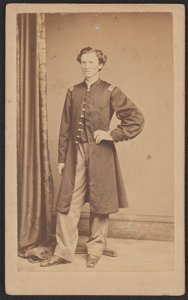
[Captain Frederick Young of Co. D, 6th New Jersey Infantry Regiment and Co. G, 8th New Jersey Infantry Regiment in uniform] / J.A. Keenan, photographer, No. 526 South Second Street, Philadelphia. 1861 year.
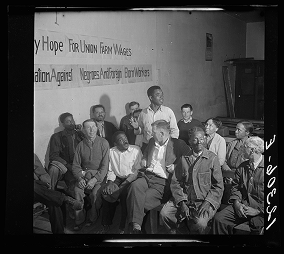
Meeting of agricultural workers union. Bridgeton, New Jersey

Photograph shows the U.S.S. New Jersey during a civilian training cruise, where people were trained to be sailors as part of the Preparedness Movement before the entry of the United States into World War I. (Source: Flickr Commons project, 2014)
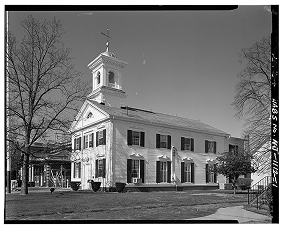
Old Courthouse Building, North Main Street (U.S. Highway 9), Cape May Court House, Cape May County, NJ

Hudson County Courthouse, 583 Newark Avenue, Jersey City, Hudson County, NJ
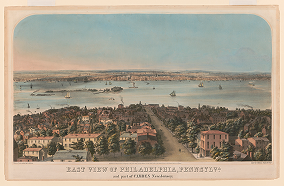
Hudson County Courthouse, 583 Newark Avenue, Jersey City, Hudson County, NJ

New Asbury Methodist Meeting House, Shore Road, Cape May Court House, Cape May County, NJ.

[Captain Frederick Young of Co. D, 6th New Jersey Infantry Regiment and Co. G, 8th New Jersey Infantry Regiment in uniform] / J.A. Keenan, photographer, No. 526 South Second Street, Philadelphia. 1861 year.

Meeting of agricultural workers union. Bridgeton, New Jersey

Photograph shows the U.S.S. New Jersey during a civilian training cruise, where people were trained to be sailors as part of the Preparedness Movement before the entry of the United States into World War I. (Source: Flickr Commons project, 2014)

Old Courthouse Building, North Main Street (U.S. Highway 9), Cape May Court House, Cape May County, NJ

Hudson County Courthouse, 583 Newark Avenue, Jersey City, Hudson County, NJ

Hudson County Courthouse, 583 Newark Avenue, Jersey City, Hudson County, NJ
About us
Government & law was created by Donald Scarinci—an attorney, editor, author, and influential voice in New Jersey’s legal and political landscape.
Scarinci has chronicled the work of the state’s highest court as the editor of the New Jersey Supreme Court Reporter and contributed to public discourse through legal commentary and scholarship.
The mission of Government & Law is legal education through clarity. Here, we attempt to make complex topics more understandable to the public and attempt to show how history informs the present.


This platform was created in response to a growing need for high-quality, accessible, and in-depth legal content tailored to the public sector — government officials, educators, lawmakers, and legal professionals.








